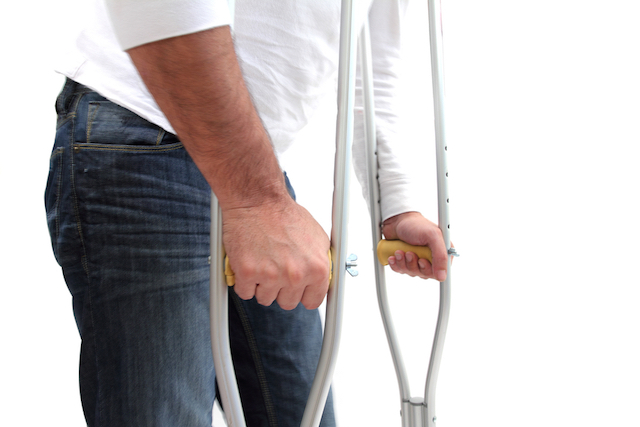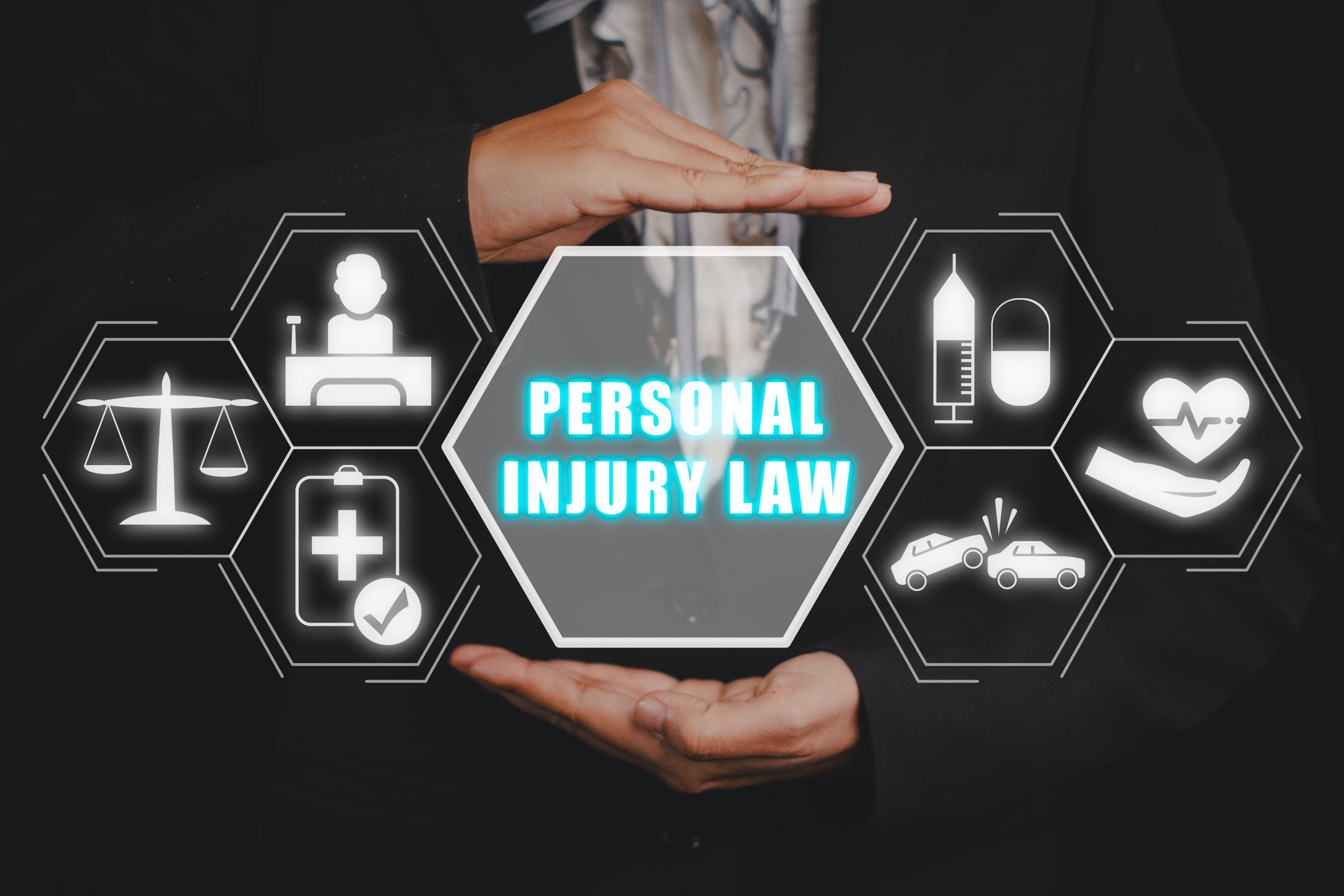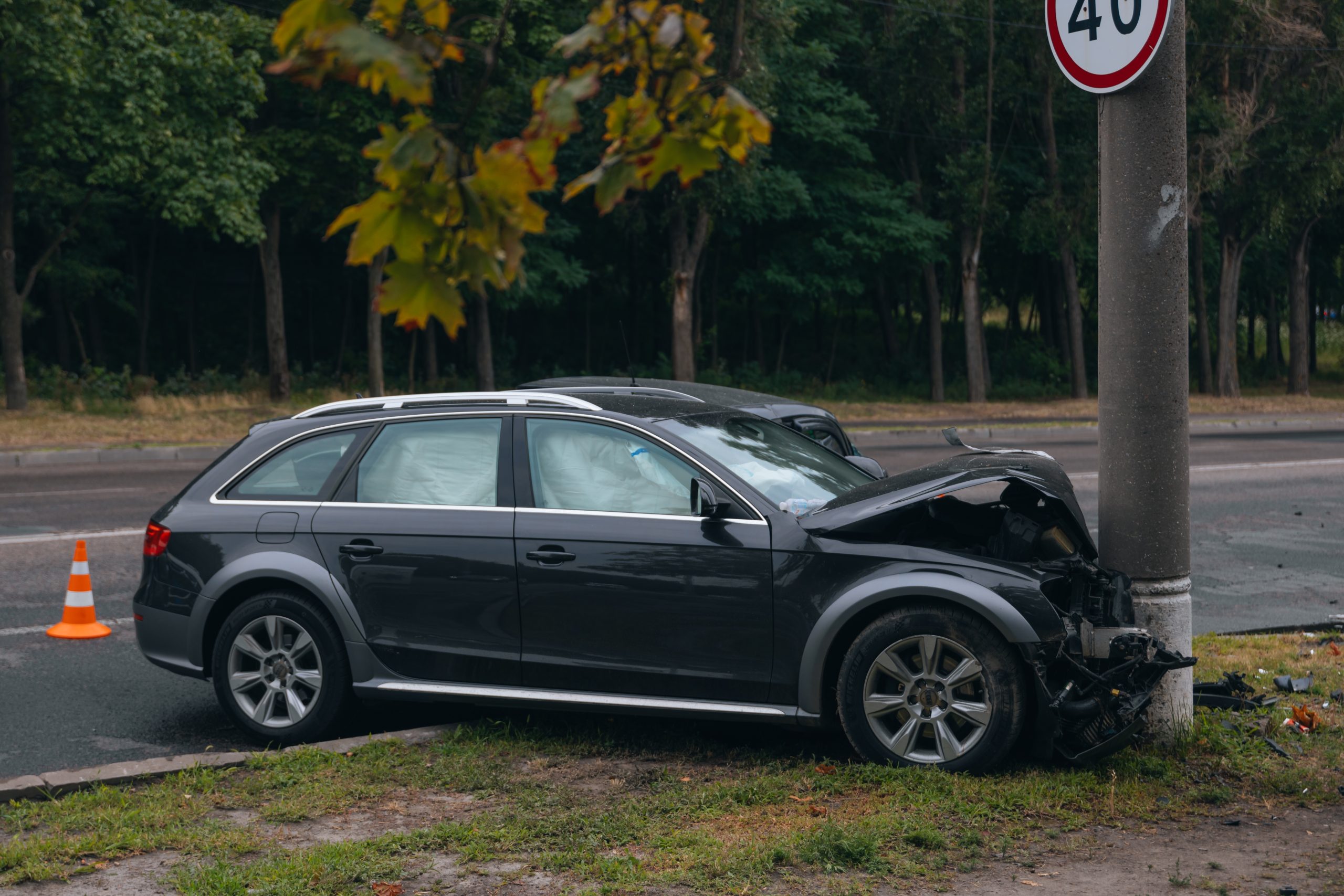You’ve seen the billboards, bus ads, and daytime TV ads for personal injury attorneys which talk about huge personal injury settlements that can go into the millions of dollars. But what goes into such a large settlement, and why are some so high? Below, we break down the basics of the components of a large
personal injury settlement.
Current and Future Medical Costs
You are entitled to receive the cost of all medical care and procedures that you have received as a result of your injury as well as all future medical costs. This can include:
- Hospital visits and stays
- Doctor visits
- In-home nursing
- Rehabilitation
- Medical devices
- Prescriptions
As long as it can be shown that the costs you have incurred are due to the injury caused by the defendant, you are entitled to have the defendant pay for those costs. Where things get a bit more complicated is in forecasting future medical costs, as a settlement will generally provide you with a present lump-sum payment meant to cover those future costs. Obviously, you might not know with perfect accuracy what all care you will need over your lifetime or how much it will cost, but an experienced personal injury attorney will thoroughly examine your facts and circumstances and incorporate the recommendations of expert witnesses and caregivers in making a case for future costs.
Pain and Suffering
While medical costs pays you for the expenses you will incur due to your injury, pain and suffering damages are meant to help “make you whole” by compensating you for the emotional ordeal and trauma of having to deal with your injuries. This can include physical pain, stress, sleeplessness, anxiety, and other psychological issues you will experience over your life from the injuries.
In a way, it can be hard to put a number on this, and many accident victims would not choose the pain and suffering they have had to endure in exchange for any amount of money, but your personal injury attorney will again work with caregivers and experts to help make a case for your pain and suffering award while looking at awards given in cases similar to yours.
Loss of Income
If you had to miss work for a few days, a few weeks, or even a few months, then the defendant should compensate you for your lost income, even if you receive disability payments. If you are still unable to work at the time that you are negotiating a settlement with the defendant, then you should also be compensated for future lost income as well.
You can also be compensated for loss in your earning capacity over your lifetime. For example, if you were delivering pizza for minimum wage when you were struck by a drunk driver, and you were in your final year of law school but suffered traumatic brain injuries which made it impossible for you to work as an attorney, then the defendant could be on the hook not just for the lost time from the delivery job but also the difference between what you can earn going forward and what you would have earned as an attorney.
Punitive Damages
Punitive damages are those damages awarded by a jury to punish a defendant for especially egregious behavior, and so they would not be part of a settlement, but a defendant may be motivated to accept a higher settlement if there is a high possibility that a jury would make such an award.
Contact a Southern California Personal Injury Attorney Today
Oftentimes, proving fault in a personal injury case is relatively straightforward, but making a compelling case for the maximum amount of damages as described above is highly challenging. Thus, a plaintiff should work with an attorney who has the experience to make the best possible case for maximum compensation in a personal injury settlement.
When you work with the legal team at the
Law Offices of Scott Warmuth, you can expect a trusted legal advisor and guide at your side. By contacting us as soon as possible after your injury, we can immediately step into action to begin investigating the accident, gathering evidence, and working with your medical provider to build your best case for maximum recovery.









